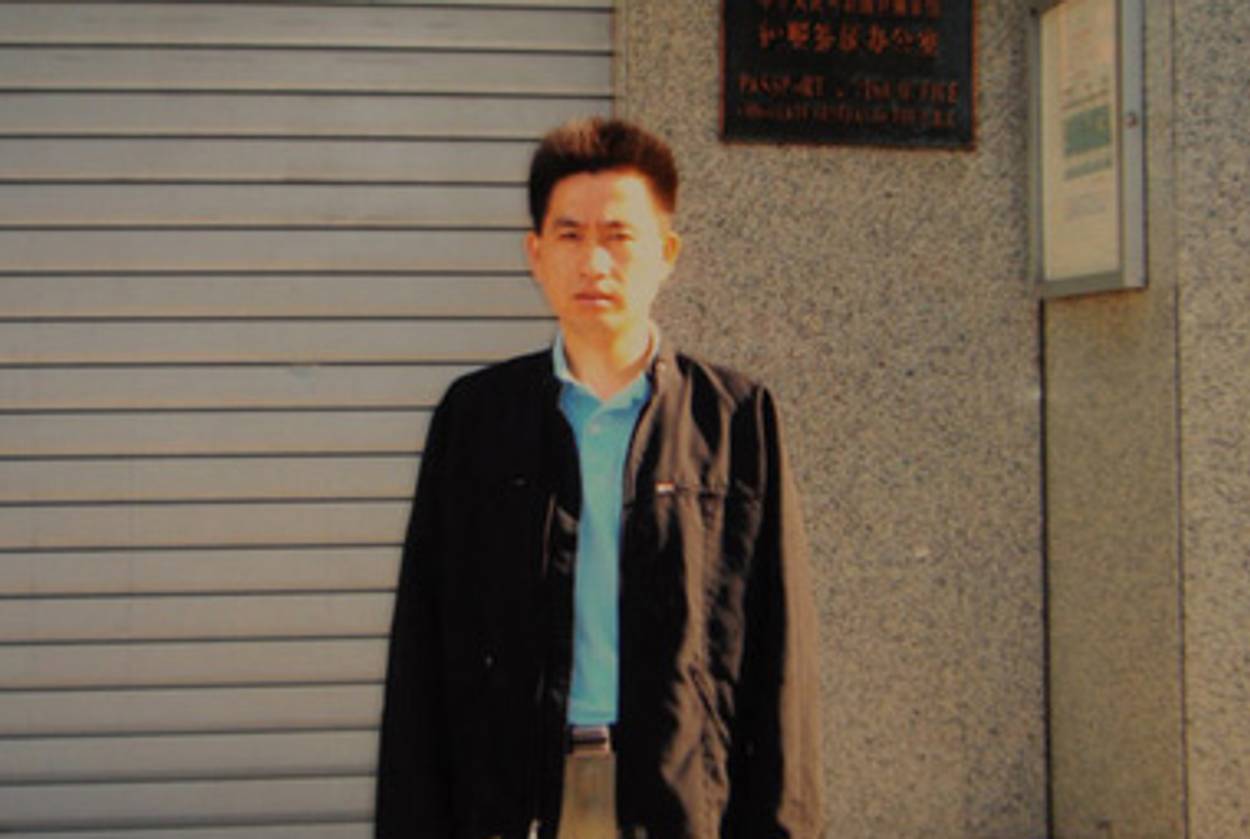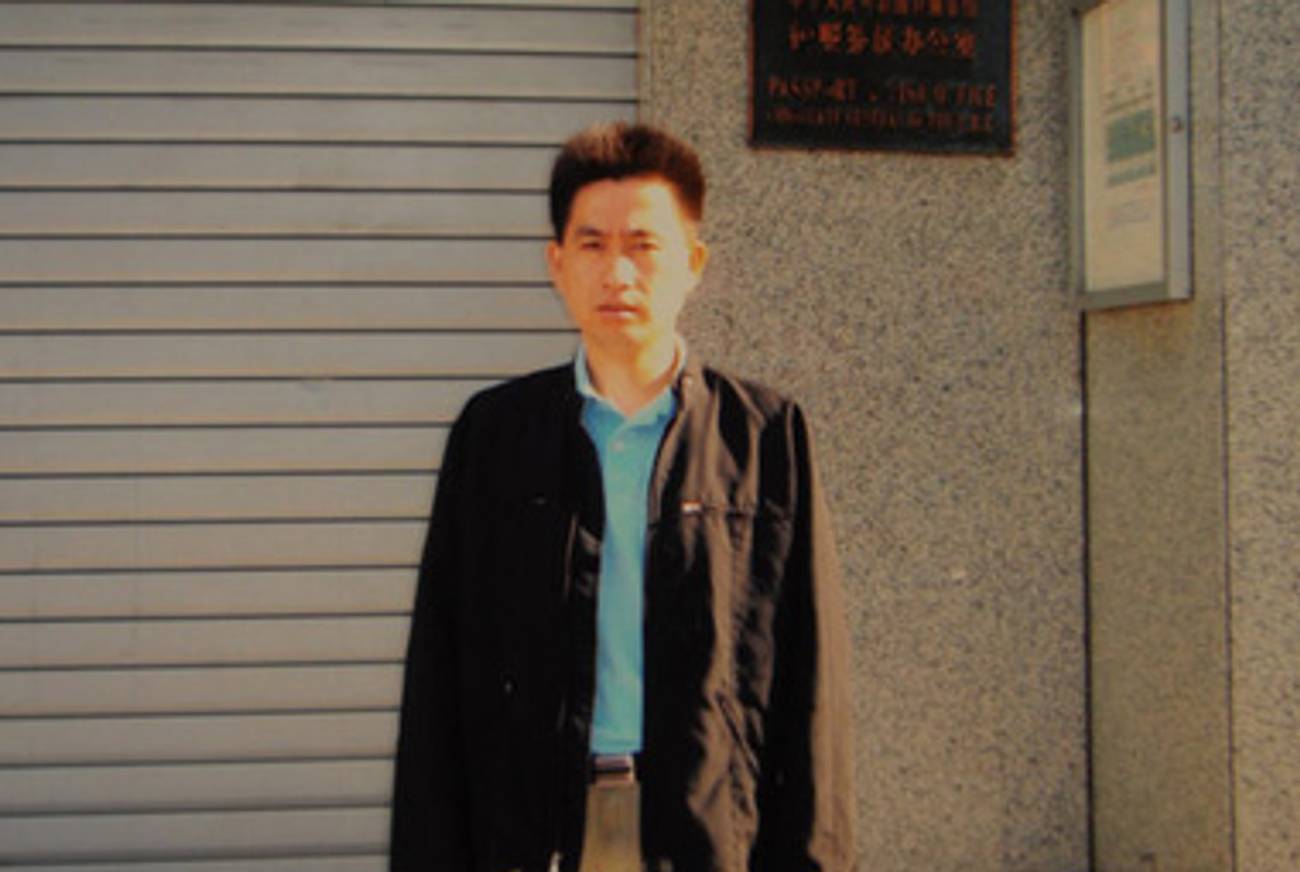The Lower East Side, 100 Years Later
Why we should pity the poor immigrants




When reading yesterday’s spectacular profile of Wang Jianhua, a Chinese immigrant who was one of 15 killed earlier this month when a bus from Connecticut’s Mohegan Sun casino crashed in the Bronx, there was one moment during which I particularly seized up. It was not when Wang’s wife, back in a small rural town in China’s Fujian province, is forced to have an abortion when she is pregnant with the couple’s second child; nor when the authorities come to arrest her when she is pregnant with their third. It was not when we learn about Wang’s life in America, which consisted of living in filthy conditions and eking out small wages delivering Japanese food in Kips Bay, and sending all of what he could back home. It was not even the description of his bedside after his death, including the laptop he would use to videochat with his family and $1 gambling chips that indicated that, contrary to what his friends have said, his frequent trips to casinos involved more than just selling complimentary vouchers to make extra cash. To be sure, the entire article produces one throat-lump after another, but none of these were the big one.
What got me was this sentence: “Mr. Wang moved into a tiny apartment on Eldridge Street on the Lower East Side with five other men, including a friend from Fujian.”
Eldridge Street. The Lower East Side. One hundred years ago, that same sentence could have been written (in the context, even, also, of a terrifying tragedy), only substituting “Kaplan” for “Wang” and “Kiev” for “Fujian.” Reading his story, with its horrors of the Old Country and tribulations of the New, and his small hope for a better life, not even for himself but for his kids—and then with the specific, eerily resonant neighborhood details thrown in, the knowledge that this experience exists today on the same square feet where a century ago it belonged to poor Eastern European Jews—provoked in me many things: Gladness, that America is still the place where people come searching for a better life; hope, that, like most of the Jews, many of Wang’s people will find it; and personal sorrow, at the realization that I, in my immense material comfort, am yet somehow not so estranged from it.
Marc Tracy is a staff writer at The New Republic, and was previously a staff writer at Tablet. He tweets @marcatracy.